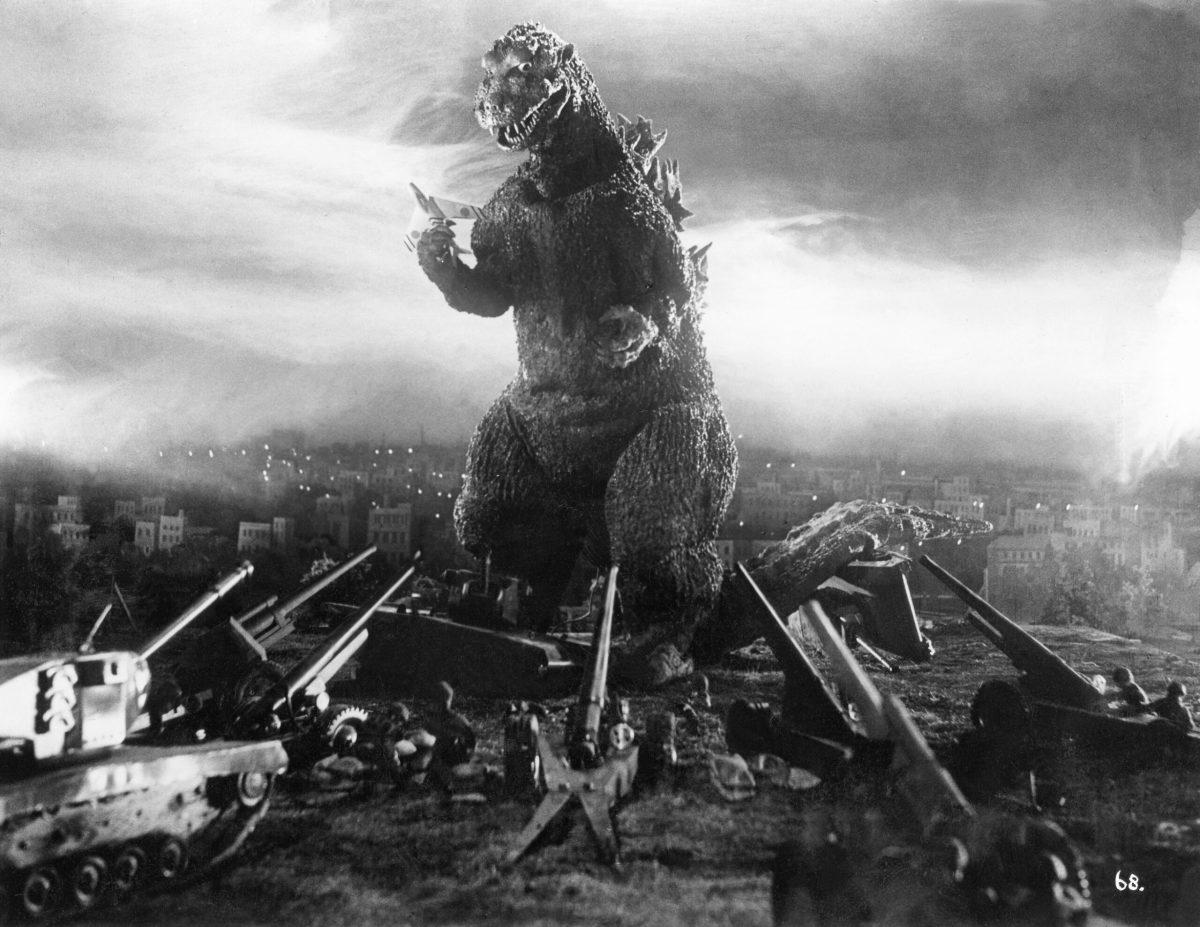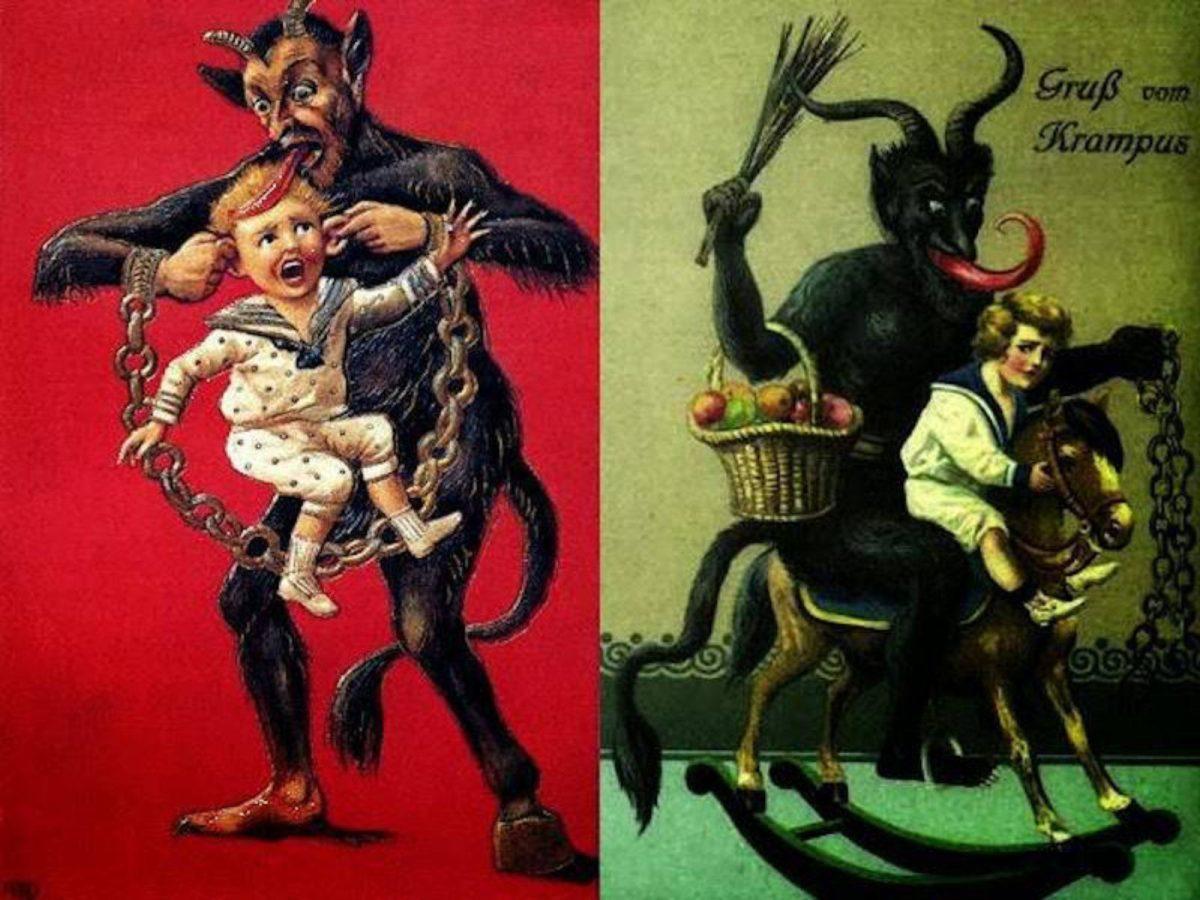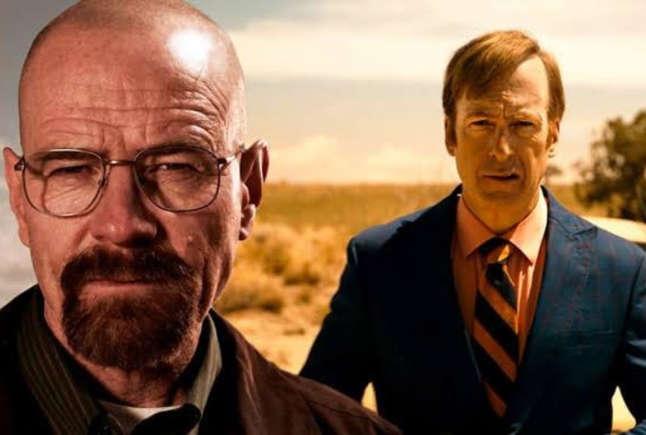Nearly 70 years after the release of the original Godzilla film in 1954, the series has evolved into something as large as the titular monster. Godzilla began in 1954 with a 100 million JPY (175,000 USD) budget and grossed a 2.8 million (USD) in the box office. The star potential of Godzilla was seen and Toho, the studio behind 33 Godzilla movies, marched forward. In 1998, American film studio, Tri-Star made their attempt to cash in on Godzilla’s success. Godzilla (1998) however flopped.
With the help of Warner Brothers, in 2014 Legendary pictures released their take on Godzilla which saw a much bigger draw in the box office. $529,076,069 in the global box office, and a budget of $160 million (USD). Legendary’s Godzilla, instantly became the face of a new generation of the monster movie genre. Godzilla’s stock in America as well hit an all time high and sequels spawned quickly. After 2014, Legendary produced 5 new additions to their so called “MonsterVerse”, with the latest releasing March 29th, of 2024. 2017’s Kong: Skull Island, saw the addition of an American monster into the fray, King Kong.
King Kong much like Godzilla, has a rich history connected to allegory and metaphors. In their inception these monsters were telling a story about humanity. It has never been a secret that there is a connection between Godzilla and the consequences of nuclear warfare. In fact, it is clear in many films that Godzilla is a direct byproduct of it. Japan, the country of origin for Godzilla, received the first instance of nuclear warfare not even a decade before the release of the first Godzilla film. And Godzilla films continued on beyond this point.
But the question remains has “American Godzilla” strayed away from their original purpose. The Legendary, Godzilla, films have expanded the universe and begun to create a film saga and universe akin to “The Marvel Cinematic Universe”. Marvel studios and Disney in the nearly 20 years of their production history have created a pop culture phenomenon, featuring some of the most impressive box office performers of all time. And by the name, “Monsterverse”, it seems like Legendary is taking the same approach. While, Godzilla, and, Godzilla: King of the Monsters, showed some interest in reconnecting these themes back into the franchise there hasn’t been much beyond that. And any hope for it to be picked up in the later films is lost after Godzilla V.S. Kong and Godzilla X Kong: A New Empire. The concerns of the human element of these films taking a plunge in quality was evident.
In contrast, Japan and Toho in recent years have released films like Shin Godzilla, and Godzilla: Minus One. Both films have become grown cult fanbases in the American audience for their storytelling. The visual approach combined with an emphasis on humanity has shown to be appealing to many. The latter is a faithful adaptation of the original Godzilla film.
However, these critiques cannot be solely attributed to the greed of American studios. King Kong vs. Godzilla released August 11th of 1962, 8 years after the release of the original Godzilla. The truth is Godzilla has been a box office draw since the beginning. For decades, global audiences have been able to watch the spectacle of Godzilla and watch what started as a deeply personal story for Japanese audiences become a defining part of global pop culture. In many ways both the modern American and Japanese films are paying homage to different aspects of Godzilla’s history.
There is no way to answer the question on if American studios ruined because first you would have to say what “ruined” looks like. In 2004, 50 years after the original Godzilla, Godzilla Final Wars released and it was the conclusion to decades of Godzilla films. The film featured many of the most iconic friends, foes, and monsters featured across the nearly 30 films released between 1954 and 2004. And with the creation of the “Monsterverse”, is what Legendary created straying away from the the original films or bringing a new life to it. The coexistence between what Toho and Legendary are creating something for all Godzilla fans. With both sides truly staying faithful to the heart of the franchise.

Sources:
https://www.the-numbers.com/movie/Gojira-(1954)
https://www.the-numbers.com/movie/Godzilla-(2014)#tab=summary
https://www.imdb.com/title/tt0831387/






































